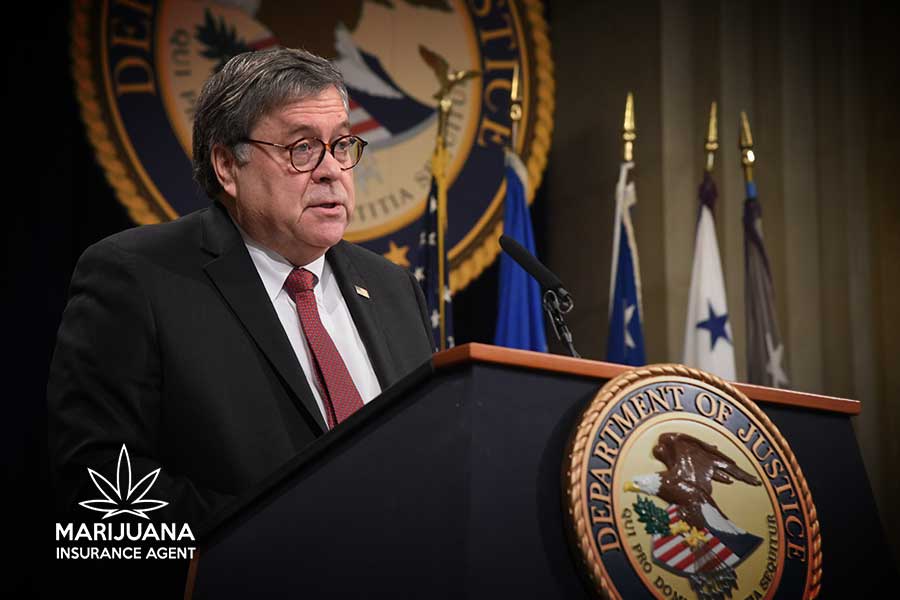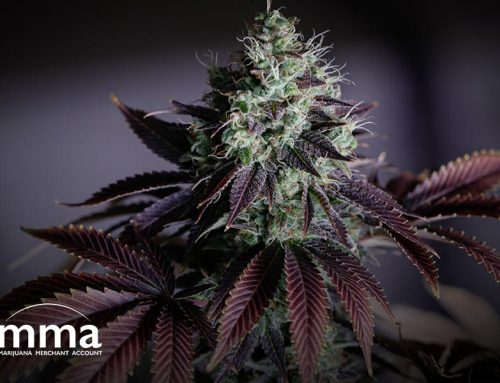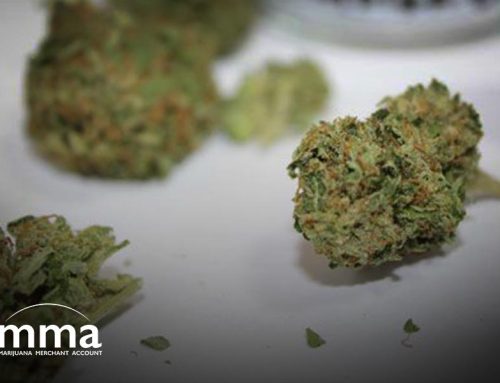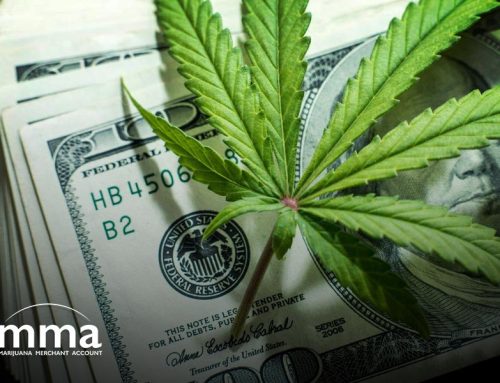Federal banking regulations have prevented most banks from taking on the risk (and stacks of paperwork) that it takes to serve cannabis businesses, but the tide may soon change thanks to shake ups in Washington D.C.
Cannabis legalization and regulation on the state level continues to rise, and businesses in the industry have been waiting with baited breath for financial services to become available to them. But it’s been slow coming. More banks open their doors to cannabis businesses every month, but it’s still not enough to cover the entire billion-dollar industry in the U.S.
It’s not that banks are unwilling to work with cannabis companies. Other countries like Canada have seen traditional banks like Bank of America Merrill Lynch join investment firms to help raise capital for a large cannabis corporation, and other companies have been able to find loans and note rates that are reasonable. Canada doesn’t have the conflict between state and federal legalization, so banks don’t have conflicting rules to contend with like they do in the U.S.
The industry faced a great deal of uncertainty when the presidential administration changed. Former U.S. Attorney General Eric Holder had sent a memo detailing that states with robust regulations would not see cannabis companies pursued by the federal government for violating federal law. When U.S. Attorney General Jeff Sessions was appointed by the next administration, he had a much more prohibition-era stance on cannabis as a dangerous gateway drug. He did not seem interested in entertaining the quasi-legality of cannabis businesses operating within states, and several banks dropped their cannabis customers.
Now with a newly appointed U.S. Attorney General, William Barr, there seems to be less resistance to changing the regulations to allow banks to work with cannabis-related businesses and those that work with them. He told Congress during his confirmation hearing in January that he had no plans to use federal resources to prosecute cannabis businesses that are complying with state law.
To open up banking for cannabis companies, Congress must act and pass legislation. U.S. Treasury Secretary Steven Mnuchin spoke before Congress in April, stating it wasn’t the fault of those who enforce the regulations, but of the regulations they must follow. Only Congress has the power to change it, he said.
And that seems to be what Congress intends to do. The SAFE Banking Act is making its way through the House and Senate committees and appears to have bipartisan backing. The diverse backing of this bill has to do in part with the common sense of it all: forcing a billion-dollar industry to be cash-only creates problems. Problems for the businesses themselves (thefts, adequate secure storage, hiring onsite security teams, etc.), problems for the IRS that has trouble storing the stacks of cash tax payments, and problems for state regulators who want an easy way to check where all the funds of cannabis businesses are going.
After the SAFE Banking Act goes through several committees and is passed by both the House and Senate, the two versions must be reconciled, approved as a whole, and then sent to the president for this signature. Only then will federal regulations be changed to allow cannabis-related businesses access to banking and financial services on a wide scale.












